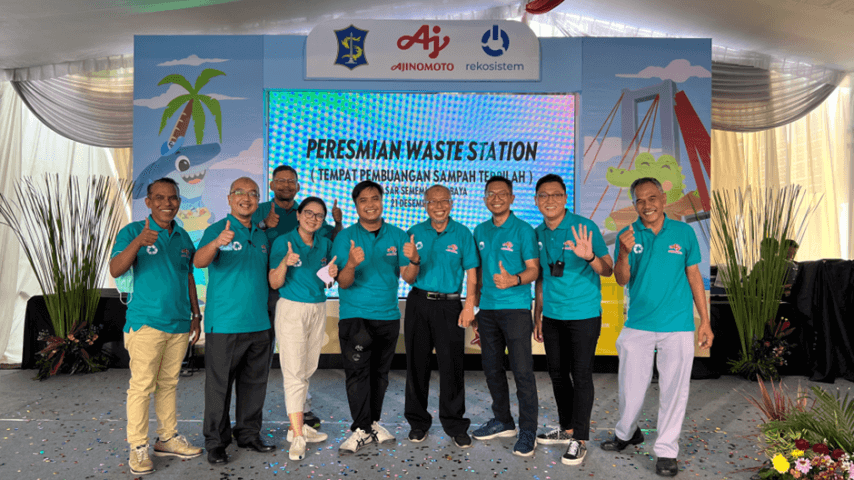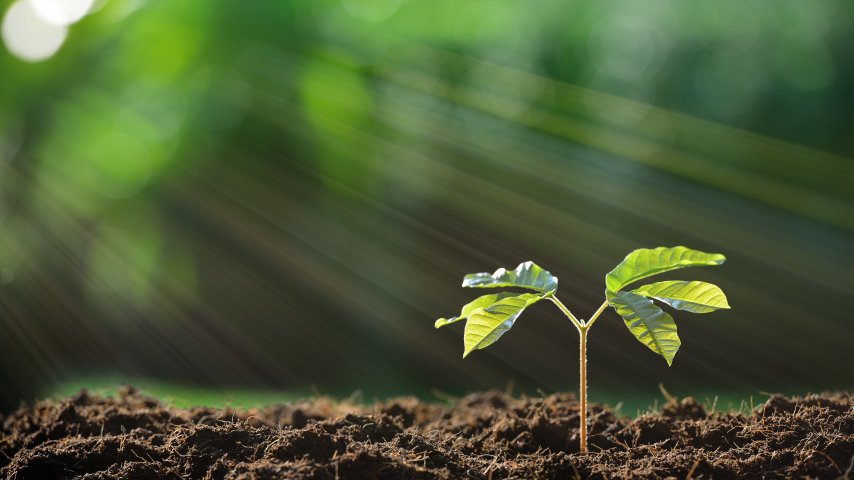Reading Time: 3minutes

Table of Contents
A third of all food produced globally is wasted
It might surprise you that in the US more food is sent to landfills than paper or plastic. Not only are the resources—land, water and energy—used to produce and distribute that food wasted, but as all that organic material decomposes it releases greenhouse gases that contribute to global warming.
According to the UN about one-third of total global food production is wasted, enough to feed roughly 150 million people. In the US, only about 18% of this waste occurs on farms or in production and distribution—this upstream waste is often referred to as “food loss”. The remaining 82% occurs downstream––at restaurants, grocery stores and in people’s homes; this is referred to as “food waste.”
What can consumers do to reduce food waste?
Restaurants and supermarkets account for nearly half of downstream food waste in the US. Businesses have to discard food when it’s left on people’s plates or expires unsold. Consumers can help prevent this by not over-ordering, taking home leftovers whenever possible, and buying produce that’s perfectly edible despite minor flaws.
But just over half of downstream food waste occurs in the home. While businesses try hard to predict consumer demand to avoid discarding food and reduce costs, individuals sometimes stock up on more than we need. So, apart from not buying more than we can use, how can we put our food to better use and reduce waste?
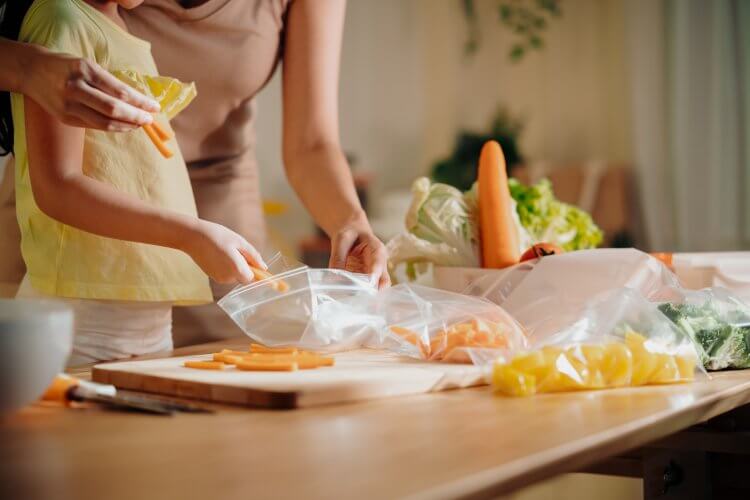
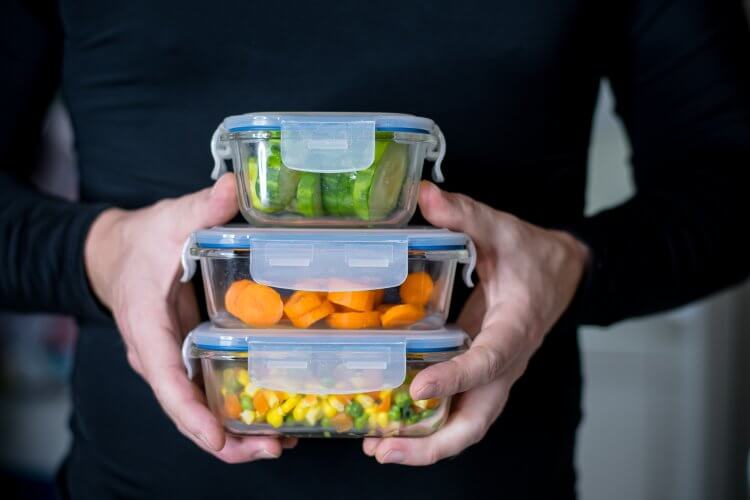
TOO GOOD TO WASTE™ initiative addresses food waste in the home
The Ajinomoto Group has long worked to reduce food loss upstream in production and processing. For example, fermentation liquids left over from making AJI-NO-MOTO® umami seasoning are recovered as organic fertilizer and animal feed. Leftover heads, bones, and organs of skipjack tuna used to make HONDASHI® granulated soup stock are converted into fish sauce and calcium-enriched products.
Now, to address the consumer side of the equation, the Group has launched a Japan-based initiative called TOO GOOD TO WASTE™ (TGTW) aimed at helping people to realize the potential value in everything and rethink what we throw away. The colorful TGTW logo features three exclamation marks, each with a dot depicting something typically discarded: a carrot top, a half-eaten chicken leg and a fish head.
To help raise awareness and offer solutions, the AJINOMOTO PARK website has launched a TGTW page (Japanese only) dedicated to reducing household food waste. In addition to useful information, it features recipe ideas for how to use up ingredients before they expire, turn leftovers into delicious meals, and make the most of whole vegetables––leaves, stems, peels and all. Starting January 2023, the TGTW logo and recipes are being promoted in Japanese supermarkets, on product packaging, and through social media and online events such as AJINOMOTO PARK’s Salvage Cooking.
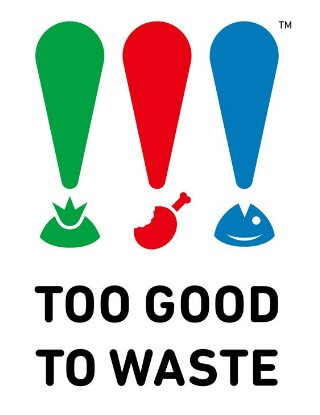
Looking to the future
To nurture the next generation of food-waste conscious consumers, the Ajinomoto Group has partnered since 2010 with environmental non-profit Green Cross Japan to sponsor the Ajinomoto Eco Foods KIDs Prize. The prize recognizes young people engaged in the Green Trails Environmental Diary project who are pursuing fun and inventive activities related to food.
In addition, since July 2022 the Group has been involved with Earth Hacks, a co-creation platform offering ethical products and information for people interested in reducing their carbon footprint in all aspects of their lives.
By 2025 the Ajinomoto Group is pursuing the goal of halving food loss and waste generated through its direct business activities, from acceptance of raw materials to delivery to customers, and halving food loss and waste across its entire food supply chain by 2050. To achieve this, the Group will continue to implement a range of initiatives focused on making the most of our planet’s precious and limited resources.
Stories you may like

Sustainable skipjack: managing fisheries and reducing food loss
- Environment
- Food & Wellness
- Sustainability / SDGs
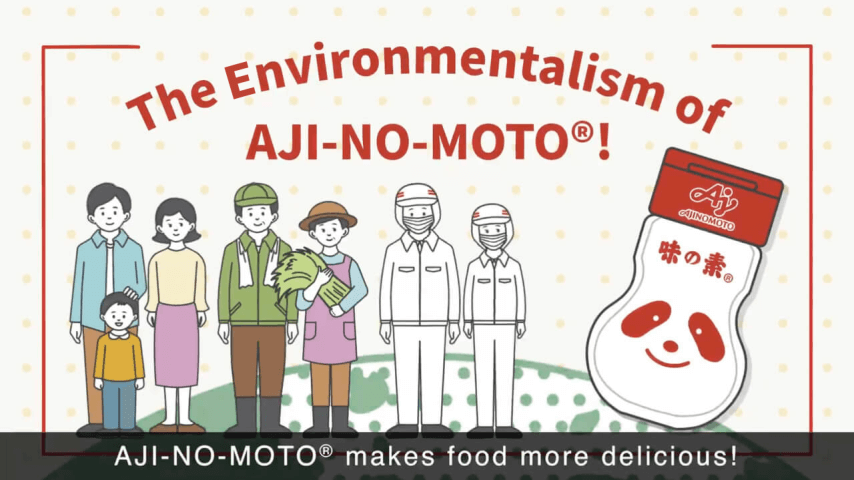
Completing the bio-cycle: AJI-NO-MOTO® co-products help to boost agricultural output
- Environment
- Food & Wellness
- Sustainability / SDGs
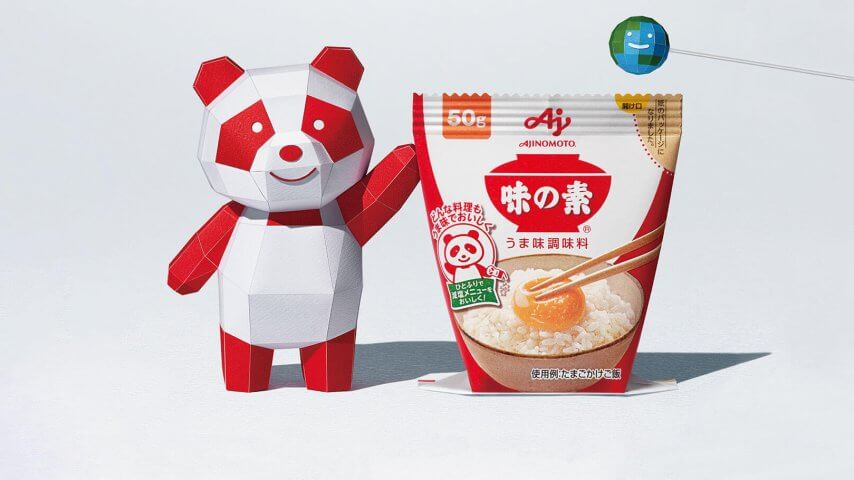
AJI-NO-MOTO® paper packaging: reducing plastic waste
- Environment
- Food & Wellness
- Sustainability / SDGs

